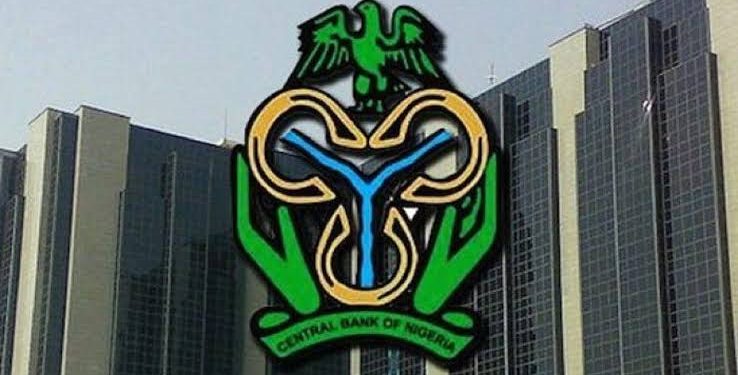The Central Bank of Nigeria has announced plans to take legal action against violators of foreign exchange forward contracts, following a forensic audit that uncovered significant irregularities in the transactions.
In a document titled “Frequently Asked Questions on the Settlement of Undelivered Forward Contracts” published on its website, the apex bank stated that it would collaborate with law enforcement and regulatory agencies to pursue civil, administrative, or criminal sanctions against offenders.
The CBN Governor had earlier disclosed that Deloitte was engaged to conduct a comprehensive forensic audit of all transactions in the Retail Secondary Market Intervention Sales, including undelivered forward contracts. The audit examined contract documentation, trade confirmations, import and export records, compliance with CBN circulars and FX guidelines, and the eligibility of beneficiaries.
According to the CBN, the audit revealed multiple breaches, including discrepancies between company names on approved sales results and Form M records, sales exceeding demand, imports of non-permissible items, unauthorised milk imports, vague descriptions of goods, and transactions with missing or incorrect documentation. Other issues included blank Form M entries, rejected Form A applications with approved sales, and sales values higher than the cost of the imported goods.
The bank stressed that under Nigerian law, FX settlements cannot arise from transactions tainted by illegality, misrepresentation, or regulatory non-compliance. Consequently, contracts deemed invalid were cancelled, no FX payments were made, and naira previously received for these contracts was refunded.
The CBN emphasised that paying for invalid contracts would have rewarded non-compliance, encouraged abuse of the FX system, and depleted the country’s foreign reserves. It noted that the audit process was rigorous, conducted by an independent expert, and allowed counterparties an opportunity to respond before final decisions were reached.
Declaring the matter closed, the bank said the audit’s conclusions cannot be appealed, as they met procedural fairness standards. It added that settling legally void or irregular contracts would have breached its statutory responsibilities, exposed it to legal liability, and eroded public trust.










